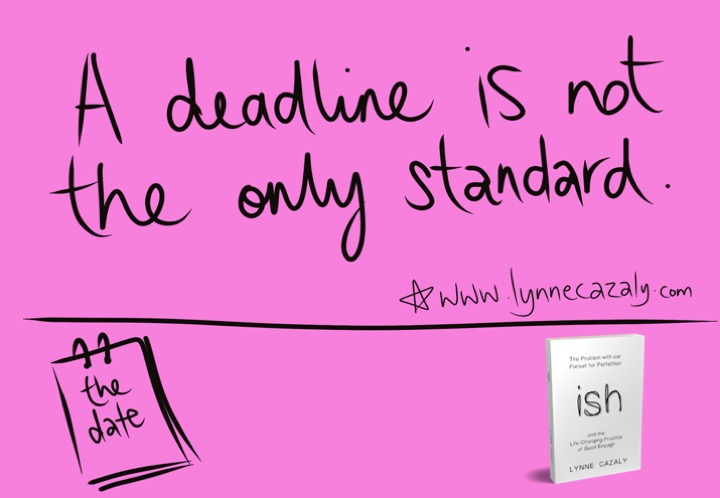One or two takeaways - are you joking - that’s all!
 Tuesday, September 3, 2019 at 7:40AM
Tuesday, September 3, 2019 at 7:40AM  The cost of attending a conference or training program is significant. There’s the registration fee, perhaps an airfare, accommodation, transfers and the cost of time away from your role, the business and your home and family life.
The cost of attending a conference or training program is significant. There’s the registration fee, perhaps an airfare, accommodation, transfers and the cost of time away from your role, the business and your home and family life.
What’s the ROI, the return on investment you’re going for? Have you thought about it, planned for it?
Most of us are so burned out and overloaded with information that the best we get from conferences or training are:
😩A few bent business cards from networking
😩3 pages of scribbled notes from sessions
😩Swag and merch - a pen, a few brochures and a stress ball, ironically in the shape of a brain!
Back at work, we have just a couple of key points that are tough to put into practice. It’s an underrated experience that we can get so much more out of than we currently do.
'Cognitive load coping' is a skill to learn and apply to achieve a massive ROI on attending a conference or training program.
→ Do you need help with the fuzzy feeling of all that information?
Send me a message and I'll send a link to three options for learning this new way of working in our world that's overflowing with information.



















